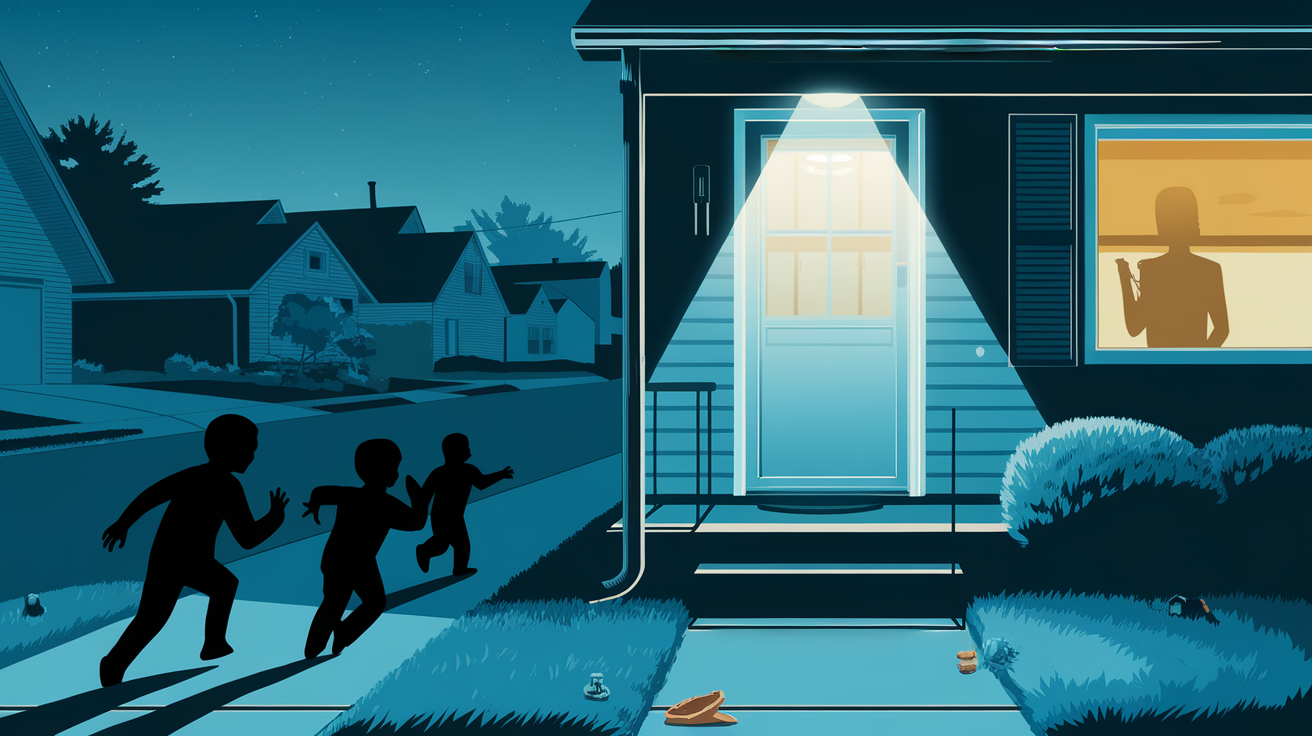In a quiet Houston neighborhood, what started as a silly kids' game ended in heartbreak. It was late on Saturday, August 30, around 10:55 p.m.
Eleven-year-old Amir Mayfield and his friends were out playing "ding-dong-ditch." You know the one – ring a doorbell and dash away giggling.
It's a classic prank that many kids try for a quick thrill. But this time, it went horribly wrong.
Amir rang the bell at a home on the 6700 block of Hollywood Street and ran off with his pals. Inside, homeowner Gonzalo Leon Jr., 48, grabbed a gun.
He stepped outside and fired shots into the night. One bullet hit Amir in the head. The boy was rushed to the hospital, but he died the next day. His family was shattered.
"He was just a kid having fun," a relative told reporters, as shared in People magazine. Amir loved sports and video games, and now his bright future was gone in an instant.
Police quickly arrested Gonzalo Leon Jr. He faces murder charges and is being held in Harris County Jail without bond, according to the New York Post.
Investigators say Leon claimed he felt threatened, but details are still emerging. Was he scared of intruders? Or did he overreact to a harmless joke?
The case has blown up online, with videos of similar pranks going viral on social media, fueling copycat behaviors among teens.
This tragedy isn't just a sad story – it's sparking huge arguments across the country. On one hand, homeowners like Leon have the right to protect their property.
Texas laws allow people to use force if they believe their home is in danger. Supporters say pranks can feel like real threats, especially at night.
"What if it was a burglar?" some argue on forums. But others point out that ding-dong-ditch is just kids being kids, not a crime deserving death.
Gun control advocates highlight how easy access to firearms can turn minor annoyances into deadly mistakes.
Reports from outlets like Aftonbladet note similar incidents worldwide, raising alarms about escalating violence over petty acts.
The big question this raises: When does defending your home go too far, turning a prank into a preventable tragedy? Facts show Amir was unarmed and running away, yet a gun was used.
This divides people – some side with strict self-defense rights, while others call for tougher gun rules to protect innocent lives.
Social media trends encourage these pranks, but at what cost?
Experts in child safety and law, like those cited in criminal justice studies, warn that without clearer boundaries, more families could face this pain.
As Houston mourns Amir, the debate rages on. It touches gun policy, parenting in the digital age, and how we handle fear. One thing is clear: a simple game exposed deep cracks in our society.
Will this lead to change, or more heartache? Only time will tell.

